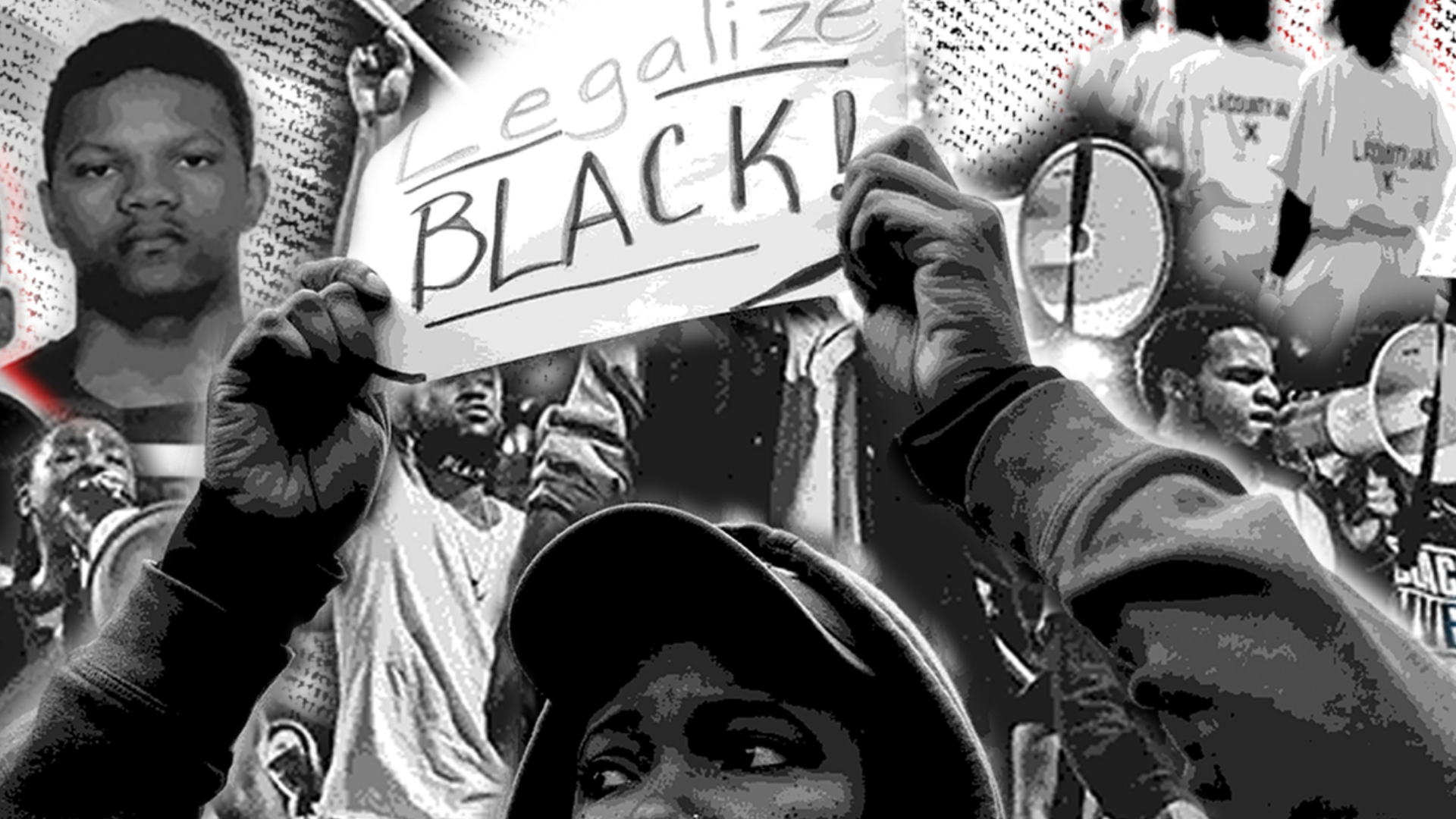Howard University Social Justice Consortium
A Mellon Foundation Just Futures Initiative
The Howard University Social Justice Consortium (SJC) is a cross-organizational, cross-institutional, interdisciplinary partnership that is concerned with educating society and developing the critical consciousness people need to analyze injustice in their own communities and develop innovative and collaborative action-oriented remedies.
The SJC has three pathways to increase community knowledge on this topic, including:
- supporting social justice research,
- art, and activism,
- but its most significant is its effort to democratize access to knowledge through courses dedicated to Social Justice.
The Social Justice Consortium disrupts the idea of the academy by expanding notions of who can produce, have access to, and teach social justice knowledge. These courses are not tied to a degree and will be offered to students inside and beyond Howard, including Title 1 high school students, teachers, community activists, continuing education students, retirees, and incarcerated populations. The courses will not only deepen community social justice knowledge, but positions Humanities as the means to solve social problems.
Education and empowerment across different sectors and demographics will increase the critical consciousness, participation in, and efficacy of social justice activism.
Contact Us
Dr. Nikki Taylor
Principle Investigator
Chair, Department of History
College of Arts & Sciences
Email: Nikki.Taylor@howard.edu
Twitter & Instagram: #HUSocialJustice
#AnalyzingInJustice
#SocialJustice
Social Justice Course List
A sample of the courses we would like to offer related to Social Justice include the following courses. The SJC will make the final determination about which courses will be taught. As well as the theme:
- Intro to Social Justice Studies
- Social Movements in US History-History
- How to Build a Movement (Social Movement Theory)-Sociology
- Social Movement Rhetoric and Philosophy-Philosophy & Sociology
- The Historical Roots and Current Mechanisms of Systemic Racism- History & Sociology
- Ghettoes and Gentrification- History & Sociology
- What does Justice look like for Black Americans?- Philosophy
- African Americans and the State - History
- CRM and BLM: Parallels and Differences - History & Sociology
- Women’s Leadership in Social Movements- Women’s Studies, the Carceral State: Past and Present- History and Sociology
- Historical Protest Poetry: Harlem Renaissance to Black Arts to BLM- English
- The Persistence of Black Poverty- History & Economics
- Protest Novels- English
- Blogging for Social Change: English
- Language Discrimination and the American Identity- World Languages
- Environmental Racism and Activism- Environmental Studies
- Decolonizing the Black Community- African Studies
- We Have Always Been Here: Consequential Queer Activists - History & Women’s Studies
- Art as Activism- Art
- Philosophy of Power—Philosophy
Social Justice Workshops
We are challenging preconceived notions about who has the authority to educate, by inviting activists, artists, and community organizers to offer workshops within these courses. A sample of those workshops include:
- “Resistance Behind the Wall”—Formerly incarcerated persons and abolitionists
- Protest Music- Various musicians
- “Woke” Poetry- Slam poets and other Conscious Poets
- Race, Housing, and Gentrification- Housing Activists
- Relieving Food/ Health Insecurities in American Cities- Urban Gardeners
- How to Organize-Various Activists
- Police Violence- Hands Up DC, Mothers Against Police Brutality
- Documenting the Movement/Democratizing the Archive—Archivists
- The Body as an Instrument of Protest- Dance performers
- Gentrification in Barry Farms- Architecture and Art faculty

